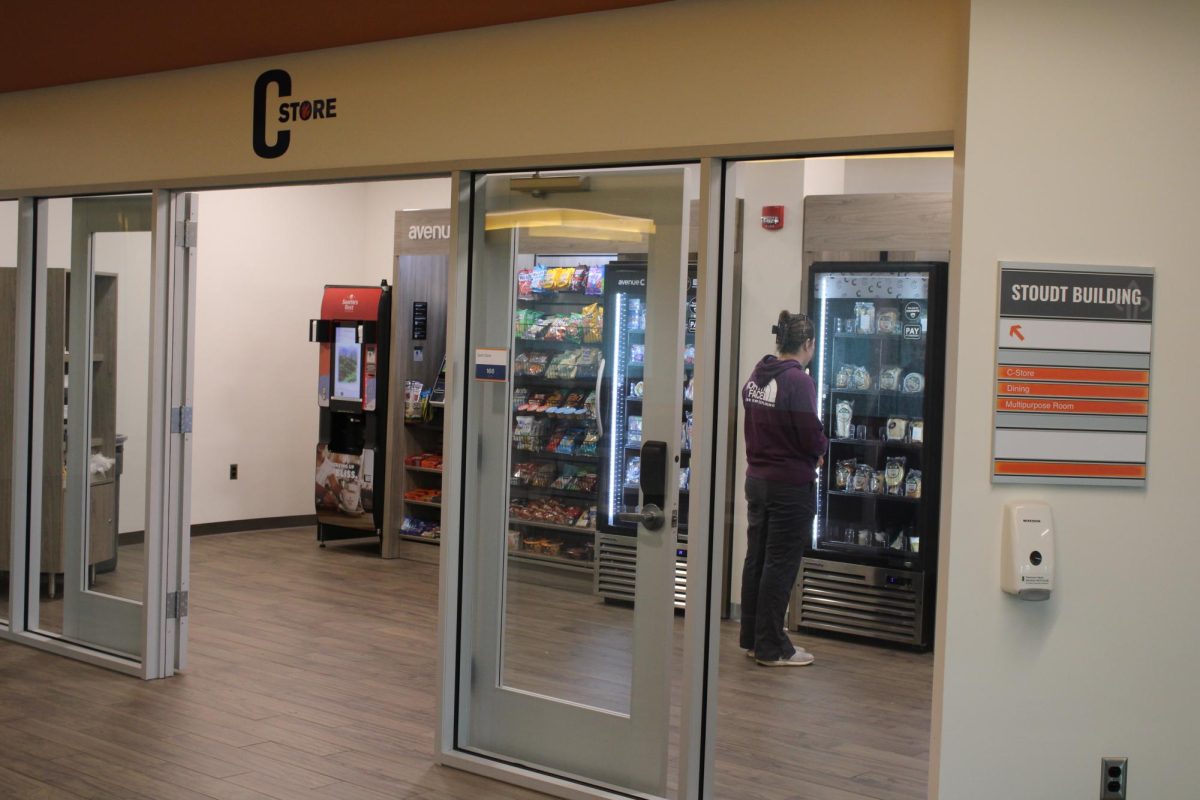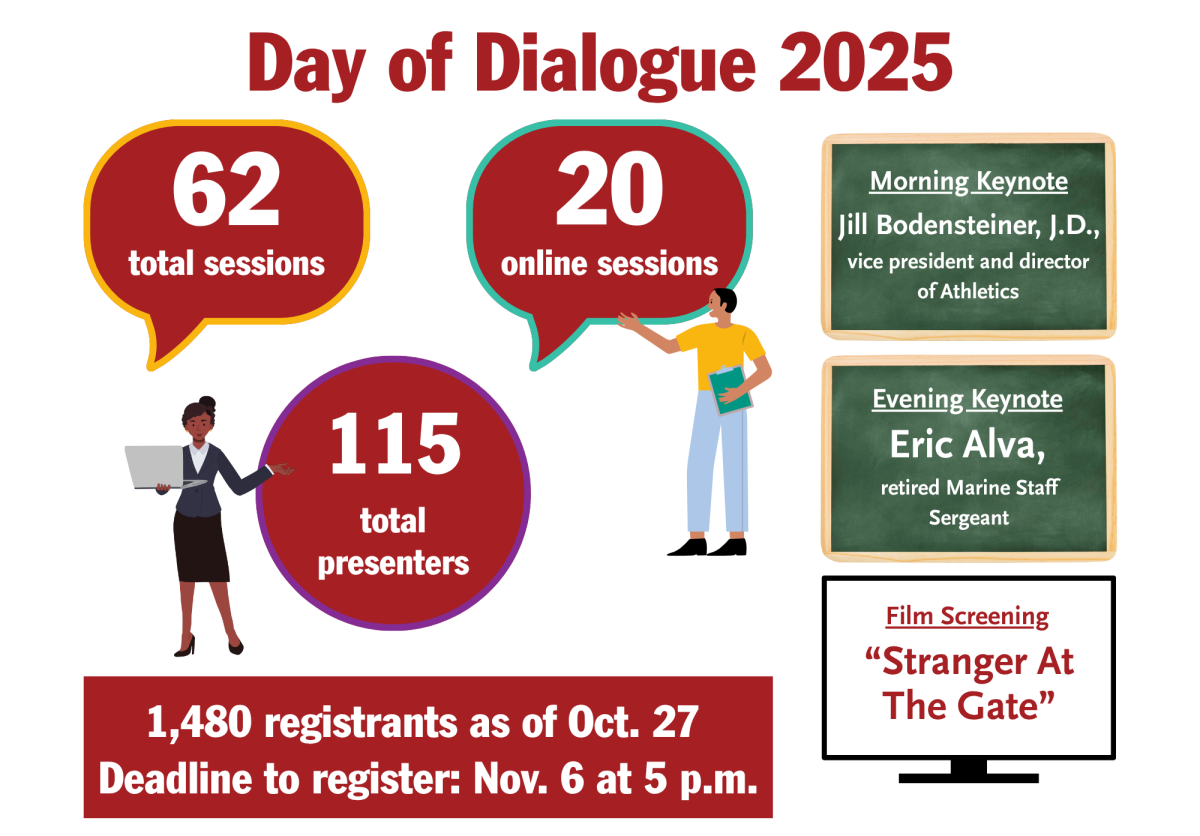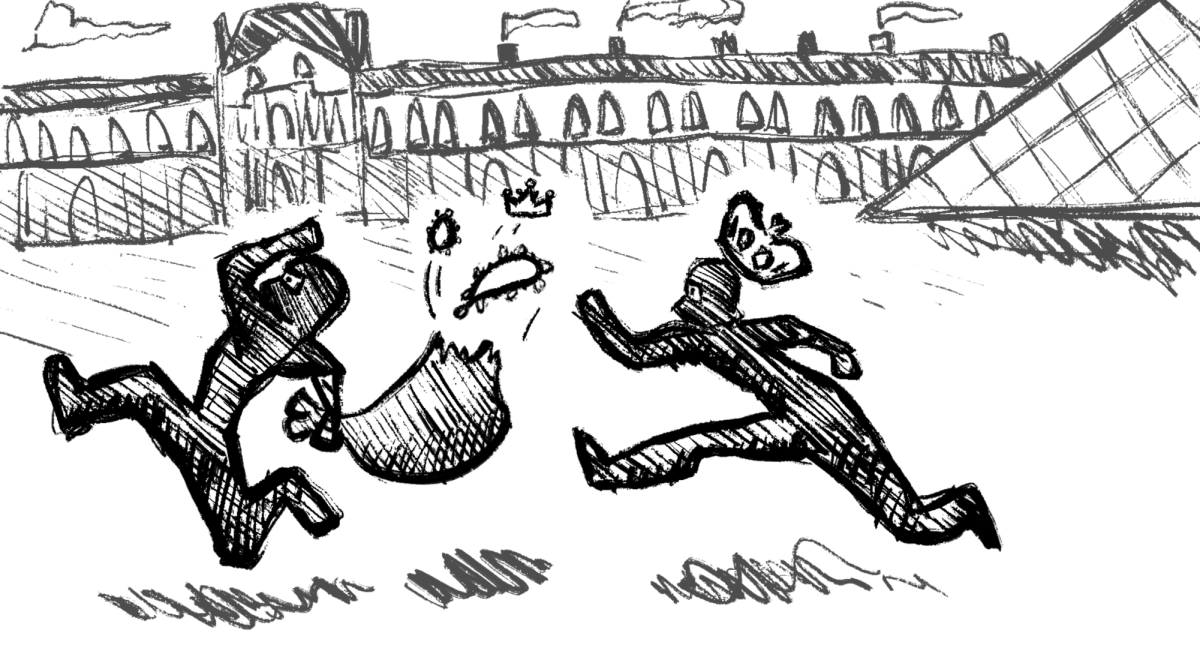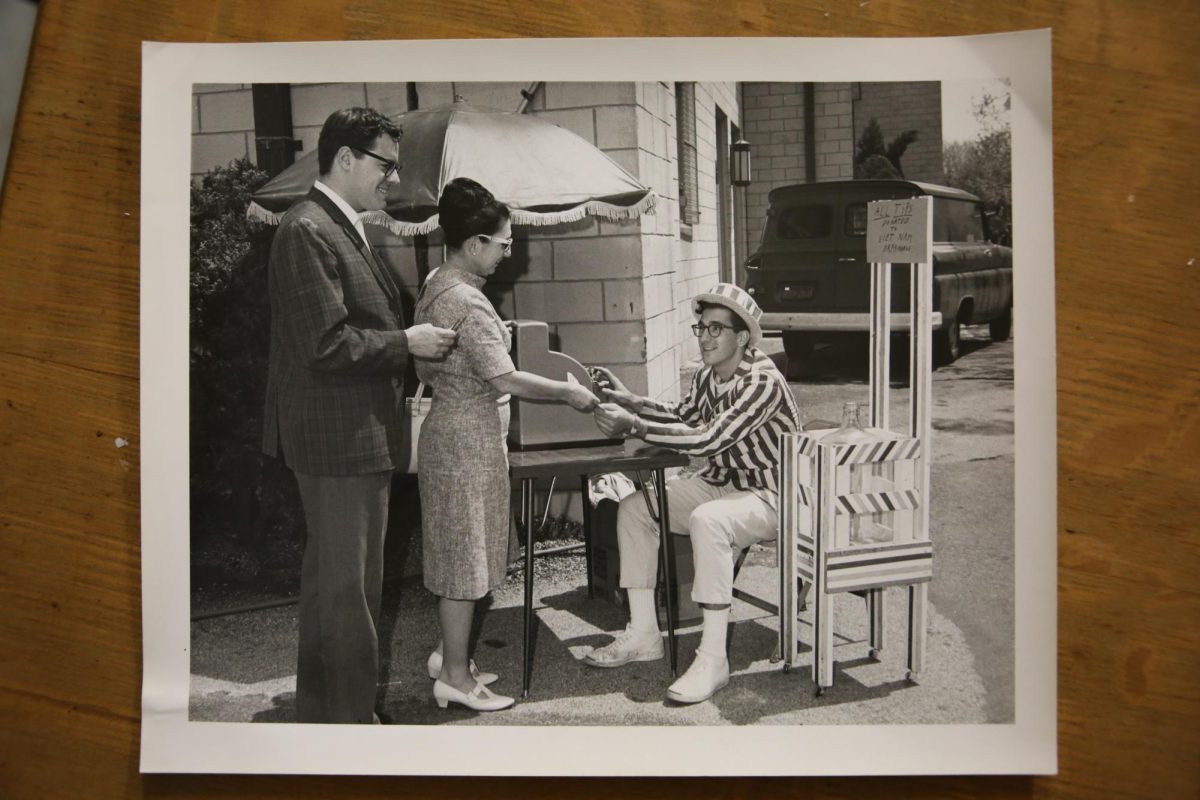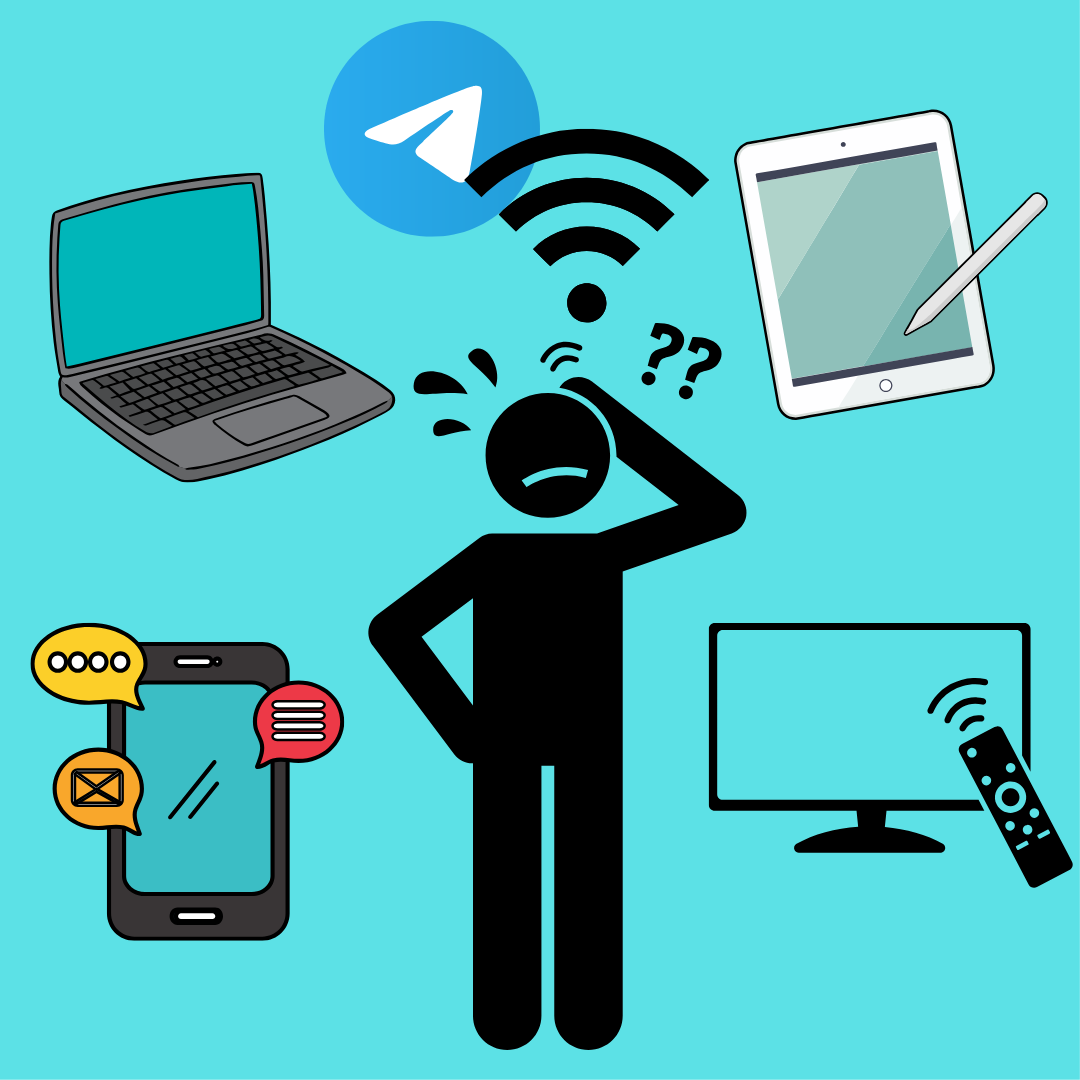A call to lose the social crutch and foster community
You feel a vibration in your pocket. Your mind is immediately pulled in several directions.
Who just texted you? Is it an email? What do they want? Should you respond to them right away?
Without even making a conscious decision, you reach into your pocket and check the notification.
This experience is an amazing phenomenon. Fifteen years ago, college students could not have dreamt of having such immediate communication at their fingertips.
There is no need to open your laptop to check email or access a document anymore. Your phone does all that and much more.
Despite their seemingly limitless capabilities and profound usefulness, smartphones are also quite detrimental to social interactions. This is especially evident on college campuses and St. Joe’s is no exception.
As I walk from one class to another, I am consistently struck by how many students have headphones in and have tuned out the world around them. I offer a hearty “Good morning,” addressing them by name, only to get completely ignored or, at best, a quick nod in my direction.
Music and podcasts can be superb outlets to unwind and step back from the present moment but they close you off from others.
Headphones are not the only impediment to social interaction around campus.
Phones themselves are a constant distraction, as students have no regard for where they are walking or who they are passing. We have all seen peers trip down stairs, rush out into the street, or crash into someone because they were preoccupied by a text or Instagram post. Many of these incidents could be avoided by simply keeping one’s head held high and staying alert.
You may expect the phone usage to decrease once you finally reach the classroom, but this isn’t the case. In fact, it is common to walk in before class has started and observe almost every student on their phone.
Surfing the Internet has replaced chatting with the person next you about their weekend. Checking social media has taken precedence over reviewing notes from the last class. Texting a friend has been prioritized over reading a chapter of a book you are working on. This is frustrating.
Cell phones function as a social crutch. They allow us to shrink away from the awkwardness of striking up a conversation with a relative stranger. Sitting on our phones makes us appear busy, as though we are doing something important.
Even as an outgoing person, I am much less likely to chat with someone on their phone in the chair behind me than someone who is glancing at their notebook. The latter may be using the time more constructively, yet I do not want to interrupt whatever the former is looking at or typing.
For the select students who are strong enough to stay off their phones for 50 or 75 minutes, their eyes are glued to phones the instant that their professor dismisses class. People shuffle out of the room mindlessly, eager to catch up with what happened while they were taking notes in philosophy or taking a test in finance.
This strikes at the core of the issue. College students are worried about what they will miss if not connected to their phones throughout the day. However, they miss much more when ignoring what is directly in front of them.
Community is at the center of our mission here at St. Joe’s and is something that countless students point to as setting us apart from other institutions. Still, there is work to be done.
I engage in these practices just as much as the person next to me, but I strive to do better. I want to challenge myself to consistently fight the urge to glance at my phone during in a lull in conversation while eating in Campion.
I hope to check my phone with less frequency, so that I may appear more open to others.
Consider doing likewise. Keep the phone in your pocket, backpack, or bedroom. Greet people as you walk across campus. Introduce yourself to someone in the elevator. Check in with a classmate as you wait for the professor.
If you struggle to unplug, be honest with yourself as to why that is the case. What is holding you back?


